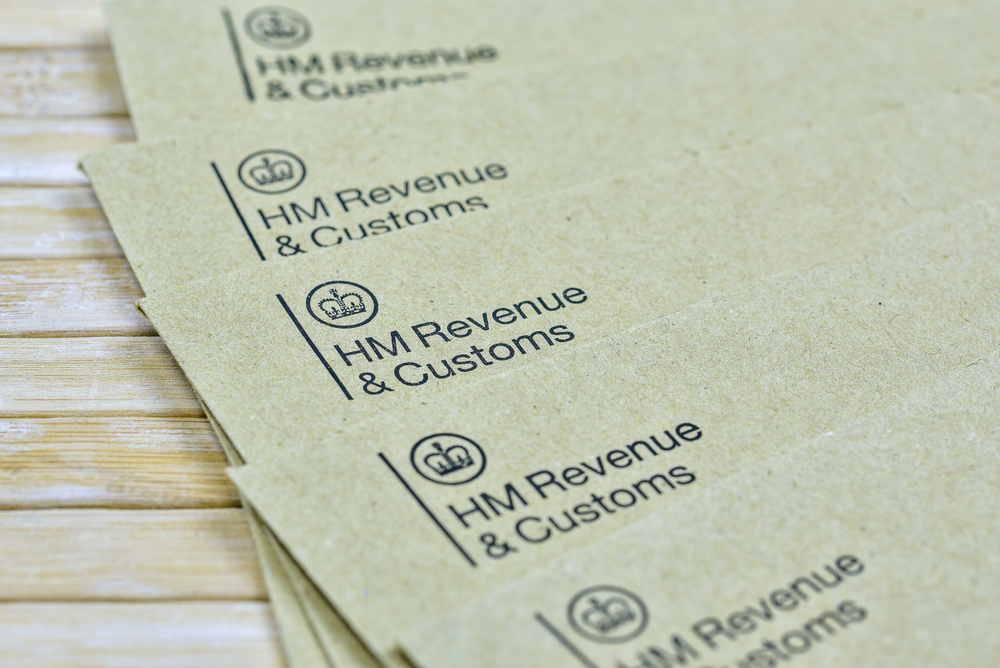H.M. Revenue & Customers are increasingly sending out offices into the field to conduct undercover tests on taxpayers who they suspect are not declaring all on their income. They are targeting this approach particularly at cash traders such as public houses, restaurants, street food businesses, hairdressers and market stalls.
Their approach is to send officers to a business such as a restaurant over a period of time of say six weeks. The officers buy a meal and have a few drinks (at the taxpayers’ expense) but the whole time they are at the venue they are recording information about: –
- Cash handling procedures
- They note the number of customers at the venue
- They note how customers pay for their food
- They note down the number of employees at the venue so that they can track this back to PAYE records when they open an enquiry
- They note how customer tips are handled.
- They make note of the floor plan of the venue and the number of tables.
- For bars, they don’t how many drinks are purchased over a period of time.
- For street food sells they observe the number of customers served over a period of time
- They note details of the number of takeaways and deliveries made during the observation period.
With this information they then carry out a business economics exercise – they look at the number of customers served in an evening and multiply this by the average cover price for a meal and they then look to see how that compares with the declared income and where they consider that there is a significant understatement, they will open up an enquiry.
They usually open a VAT enquiry initially in the hope that if this produces confirmation of underdeclared sales they then extend the enquiry to cover direct taxes such as income tax or corporation tax.
The officers invariably pay for their meal in cash so that when the open the enquiry and inspect the records they look to make sure that their purchases have been correctly recorded and accounted for.
Unfortunately, HMRC hold most of the aces when they carry out this type of work because they will not release their observation notes unless the case is taken to 1st tier tribunal.
Sometimes their business economics calculations carried out after the observations are inaccurate and can be challenged and assessments and penalties reduced.
Our advice is to make sure that your cash handling and recording procedures are robust, ensure that all staff are correctly processed through the PAYE system so that in the event of an enquiry you are in a strong position to defend it.

